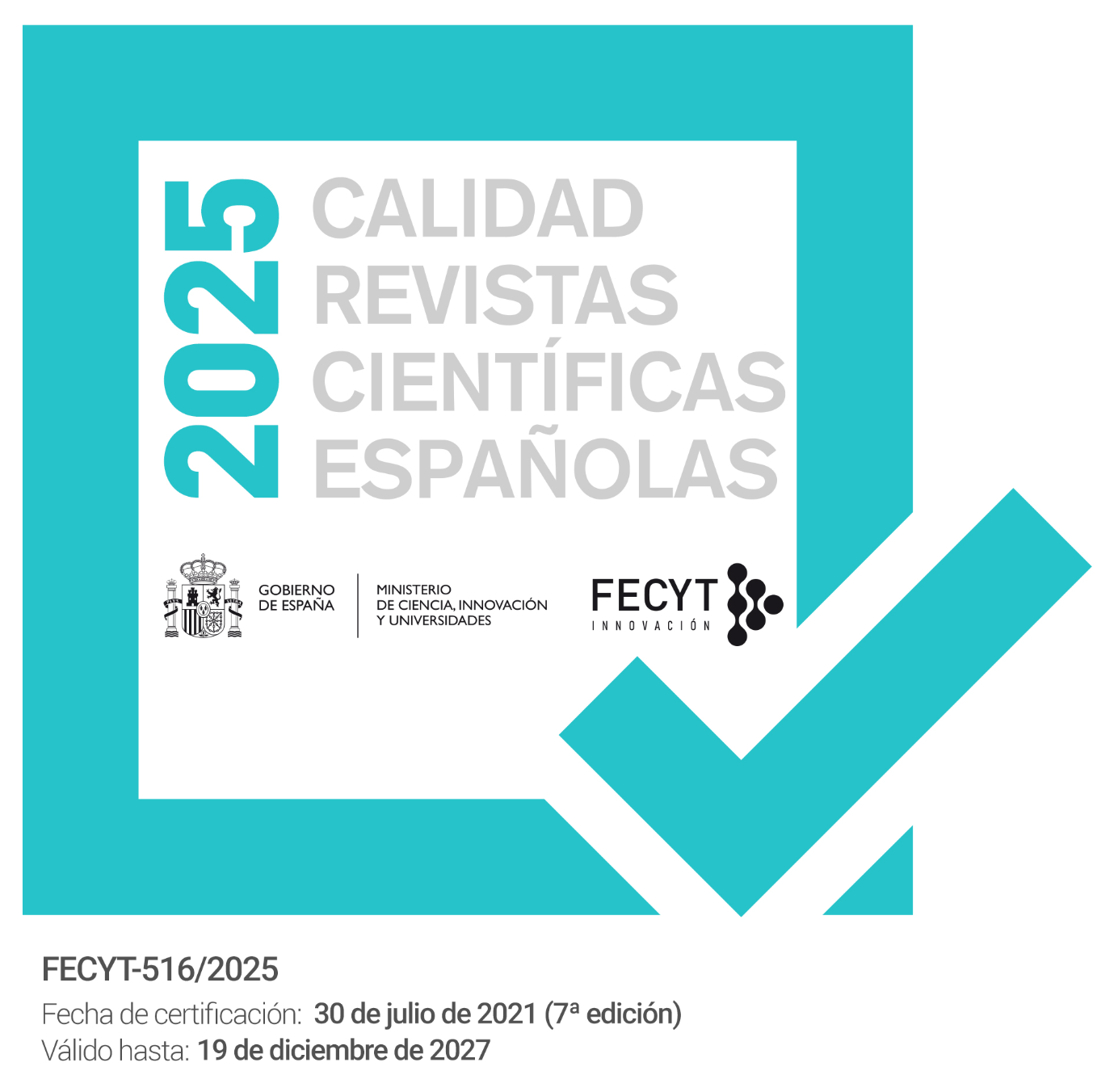ENTRE LA REFLEXIVIDAD Y LA INACUSATIVIDAD: ALGUNAS CONSIDERACIONES SOBRE CONSTRUCCIONES CON EL VERBO 'ROMPER'
Abstract
Analyses about the topic of reflexivity in Spanish (and other romanic languages) have some special characteristics that are related to the role that the form 'se' plays in Spanish reflexive constructions, in contrast to other linguistic systems. There are pronominal and referential analyses (generally the traditional ones) and interpretations upholding that 'se' is a morphem of intransitivization of verbal affix. In this context, we postulate that unaccusative hypothesis contributes a methodological criterium which deals with morphological, syntactic and semantic aspects; this idea allows a coherent interpretation about reflexivity. The prototypical exemple of the verb 'romper' and its points of relation with similar verbs like 'quemar, mojar, secar', that permit the unaccusative construction concept to be extended, is analyzed.Downloads
-
Abstract255
-
PDF (Español (España))336
The works published in this magazine are subject to the following terms:
1. The Publications Service of the University of Murcia (the publisher) preserves the economic rights (copyright) of the published works, and favors and allows the reuse of same under the license of use indicated in point 2.
2. The papers are published in the electronic edition of the magazine under a Creative Commons Attribution-NonCommercial-NoDerivative 3.0 Spain license (legal text). Papers may be copied, used, disseminated, transmitted and publicly exhibited if the following requirements are met: i) The authorship and the original source of its publication (magazine, editorial and URL of the work) must be cited; ii) The works cannot be used for commercial purposes; iii) The existence and specifications of this user license must be explicitly mentioned.
3. Self-archiving conditions. Authors can electronically disseminate pre-print versions (version before being evaluated) and / or post-print versions (version evaluated and accepted for publication). This makes possible its circulation and diffusion earlier and with it a possible increase in its citation and reach among the academic community. RoMEO color: green.









